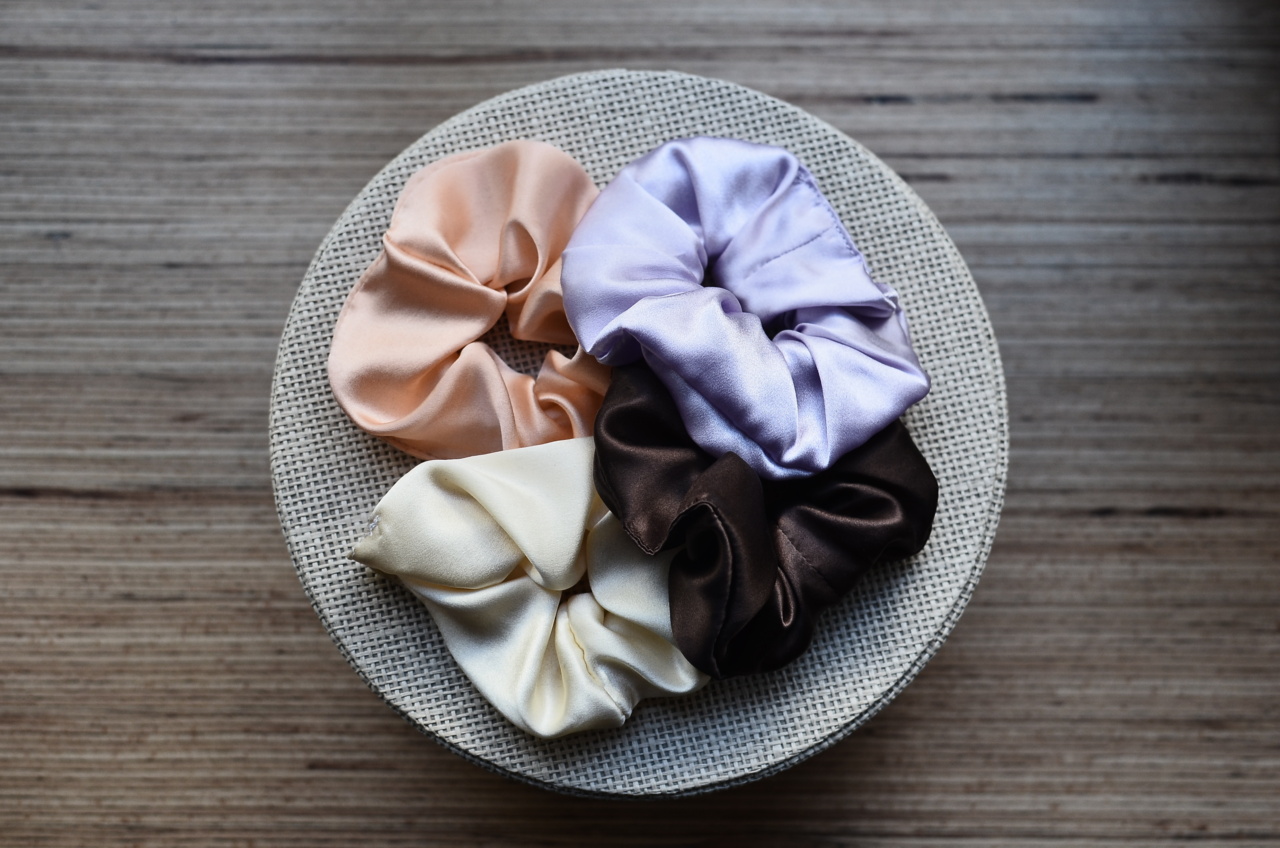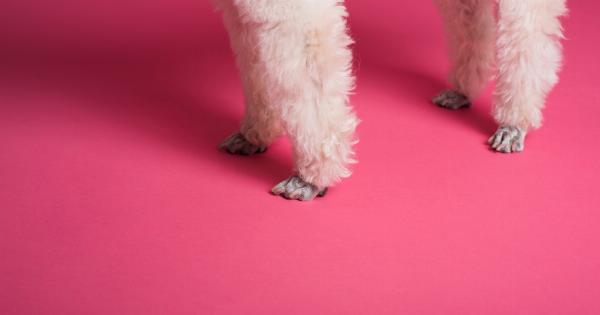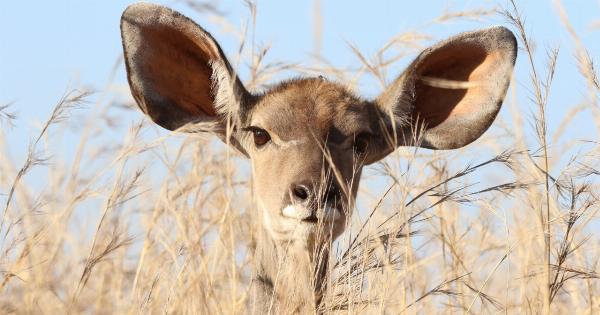If you’ve ever dreamed of owning a dog but suffer from allergies, then hypoallergenic dogs might be the perfect solution for you.
These amazing breeds have hair that is considered hypoallergenic, meaning they produce fewer allergens and are less likely to trigger an allergic reaction in susceptible individuals. But what sets some of these hypoallergenic dogs apart is their incredibly silky and lustrous hair, which makes them truly irresistible.
In this article, we will explore the fascinating world of hypoallergenic dogs with silky hair, their unique features, and how to care for their luxurious coats.
1. The Bichon Frise
The Bichon Frise is a small, adorable dog that possesses a coat like no other. Its hair is silky, often compared to cotton or silk, and is dense and curly.
The Bichon Frise’s hair is hypoallergenic and doesn’t shed excessively, making it an ideal choice for allergy sufferers. To maintain their coat’s silky texture and prevent matting, regular grooming sessions are necessary. Brushing their fur frequently and scheduling professional grooming every 4-6 weeks will keep them looking fabulous.
2. The Maltese
The Maltese is famous for its long, flowing, and silky coat, which can reach the ground when left untrimmed.
Despite its length, the Maltese’s hair is hypoallergenic and is known for being non-shedding, making it a suitable companion for those with allergies. Providing regular grooming and gentle brushing will help keep their coat tangle-free and maintain their signature silkiness. Many Maltese owners opt for stylish haircuts to keep their fur from dragging on the ground and to prevent matting.
3. The Yorkshire Terrier
Yorkshire Terriers, or Yorkies, possess a gorgeous coat of silky hair that is a hallmark of the breed. Their hair is hypoallergenic and tends to grow long, requiring regular grooming and maintenance.
Regular brushing is essential to keep their hair from tangling and matting. Many Yorkie owners choose to trim their hair to a shorter length for easier upkeep. With proper care and attention, their silky coats can be the envy of all.
4. The Shih Tzu
Shih Tzus are known for their luxurious, silky coats, which can come in various colors and patterns. Their hair is hypoallergenic and grows continuously, requiring regular grooming to maintain its silky texture.
Many Shih Tzu owners choose to have their dogs professionally groomed every 4-6 weeks to keep their coats looking their best. Frequent brushing not only prevents mats but also helps distribute natural oils, keeping the hair healthy and shiny.
5. The Portuguese Water Dog
The Portuguese Water Dog boasts a distinctive coat that is both curly and wavy, adding to its overall elegance. Despite its dense and curly texture, this breed is hypoallergenic as it produces fewer allergenic compounds.
The Portuguese Water Dog’s coat requires regular brushing to prevent matting and occasional professional grooming to maintain its healthy and silky appearance.
6. The Afghan Hound
The Afghan Hound is a majestic breed known for its long, flowing, and silky hair. The coat requires extensive grooming to keep it in top condition and prevent matting.
Frequent brushing and regular trips to the groomer are necessary to maintain the luxurious look of their hair. Despite their incredible coats, allergic reactions are less likely due to the hypoallergenic nature of their hair.
7. The Tibetan Terrier
Tibetan Terriers may not have the long, straight hair associated with silkiness, but they do possess a unique coat that feels remarkably silky and wool-like.
This double coat is hypoallergenic and requires regular brushing to prevent tangles and matting. Regular grooming sessions will help maintain the dog’s overall cleanliness and keep their gorgeous coat looking silky and beautiful.
8. The Poodle
One of the most popular hypoallergenic breeds known for their curly, non-shedding hair is the Poodle.
Their coat comes in various cuts, such as the iconic “pom-poms” seen in show dogs, or the more practical “puppy cut” seen in many pets. Regular grooming is essential to prevent matting and maintain their coat’s silky texture. Frequent brushing and professional trimming every 4-6 weeks will keep their hair looking elegant and allergy-friendly.
9. The Havanese
The Havanese is a small and affectionate breed that possesses a silky double coat. Their hair is hypoallergenic and requires regular brushing to prevent tangles and matting.
Many Havanese owners choose to keep their dog’s hair trimmed short for easier maintenance. Regular grooming appointments and proper care will ensure their coat stays soft, luscious, and allergy-friendly.
10. The Soft-Coated Wheaten Terrier
The Soft-Coated Wheaten Terrier is a breed with a beautiful, soft, and silky coat that flows with their movements. Despite their long hair, they are considered hypoallergenic, making them a suitable choice for allergy sufferers.
Regular brushing and grooming are necessary to keep their hair from matting. With proper care and regular attention, their gorgeous coats will continue to impress.
In conclusion, hypoallergenic dog breeds offer a unique opportunity for individuals with allergies to experience the joy of owning a dog without compromising their health.
The silky hair of these breeds not only adds to their visual appeal but also offers a practical benefit for allergy sufferers. Regular grooming, brushing, and occasional professional care are essential to maintain the silky texture and prevent matting in these magnificent dogs.
By adopting one of these hypoallergenic breeds, you can enjoy the companionship and beauty of a dog without worrying about allergic reactions.






























